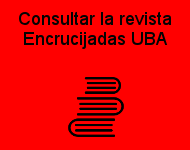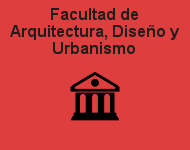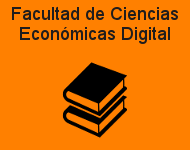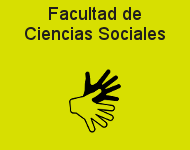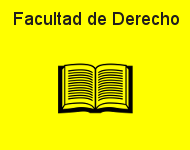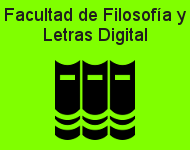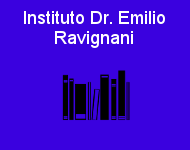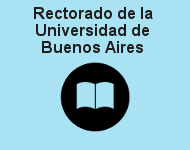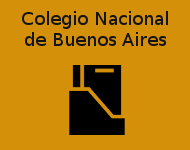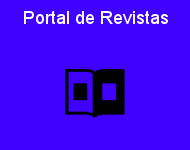En:
Lecciones y Ensayos, no. 97
Editor:
Universidad de Buenos Aires. Facultad de Derecho. Departamento de Publicaciones
Fecha:
2016
Tipo de documento:
artículo - info:eu-repo/semantics/publishedVersion
Formato:
application/pdf | kb. | p. 81-103
Idioma:
español
Palabras clave:
Keywords:
Cobertura:
Descripción:
El término Responsabilidad de Proteger ha dominado el debate de la intervención humanitaria desde su publicación y origen en el 2001, con el reporte de la Comisión Internacional sobre Intervención y Soberanía de los Estados (ICISS, por sus siglas en inglés). Es una idea que si bien es compartida por la Comunidad Internacional en mayor o menor medida, en el sentido de la necesidad de asegurar el derecho a la vida e integridad de las personas como fin último del sistema internacional de protección a los derechos humanos, el término no está libre de polémica y no obsta a que se genere gran desconfianza, principalmente en los países débiles e inestables por el posible hecho de que este concepto se transforme en un "Caballo de Troya" a ser usado por las grandes potencias para intervenir a su antojo países y así obtener beneficios non sanctos para sus intereses propios. Por esto es que es necesario un sistema de reglas claras que por un lado aseguren la protección a los Derechos Humanos fundamentales de todos los habitantes de nuestro planeta, sin importar nacionalidades y, por el otro, un límite claro para el ejercicio de este tipo de intervenciones y así prevenir abusos de los países poderosos sobre los débiles
Ver resumen completo Abstract:
The concept of Responsibility to Protect has dominated the debate of humanitarian intervention since it was itself created in 2001 with the report of the International Commission on Intervention and State Sovereignty (ICISS). This is an idea that, even though shared by the International Community in general in the sense that it is necessary to ensure the right of life and integrity of people as the ultimate purpose of the universal system of protection of human rights, it has a considerable amount of criticism. It may generate a feeling of distrust, mainly in the weak and unstable countries due to the fact that R2P can transform in a "Troyan Horse" to be used by the powerful countries to intervene the former as they please and by doing so, obtain benefits non sanctos. This is why it is extremely important to set up a system with clear rules that, on the one side, assure the protection of fundamental human rights of every single human being without paying attention to nationalities and, on the other, set a clear limit for the execution of interventions so as to prevent abuses from the powerful.
See complete abstract Identificador(es):
Filiación Institucional:
Fil: Genin, Laureano. Universidad de Buenos Aires. Facultad de Derecho. Buenos Aires, Argentina
Institución aportante:
Facultad de Derecho
Biblioteca cooperante:
Biblioteca de la Facultad de Derecho
Derechos:
info:eu-repo/semantics/openAccess
https://creativecommons.org/licenses/by-nc-nd/2.5/ar/
https://creativecommons.org/licenses/by-nc-nd/2.5/ar/
Descargar texto: 2679.PDF  (tamaño kb)
(tamaño kb)
 (tamaño kb)
(tamaño kb) Cita bibliográfica:
Genin, Laureano (2016). La responsabilidad de proteger (artículo). Universidad de Buenos Aires. Facultad de Derecho. Departamento de Publicaciones. [consultado: ] Disponible en el Repositorio Digital Institucional de la Universidad de Buenos Aires: <http://www.derecho.uba.ar/publicaciones/lye/revistas/97/la-responsabilidad-de-proteger.pdf>


